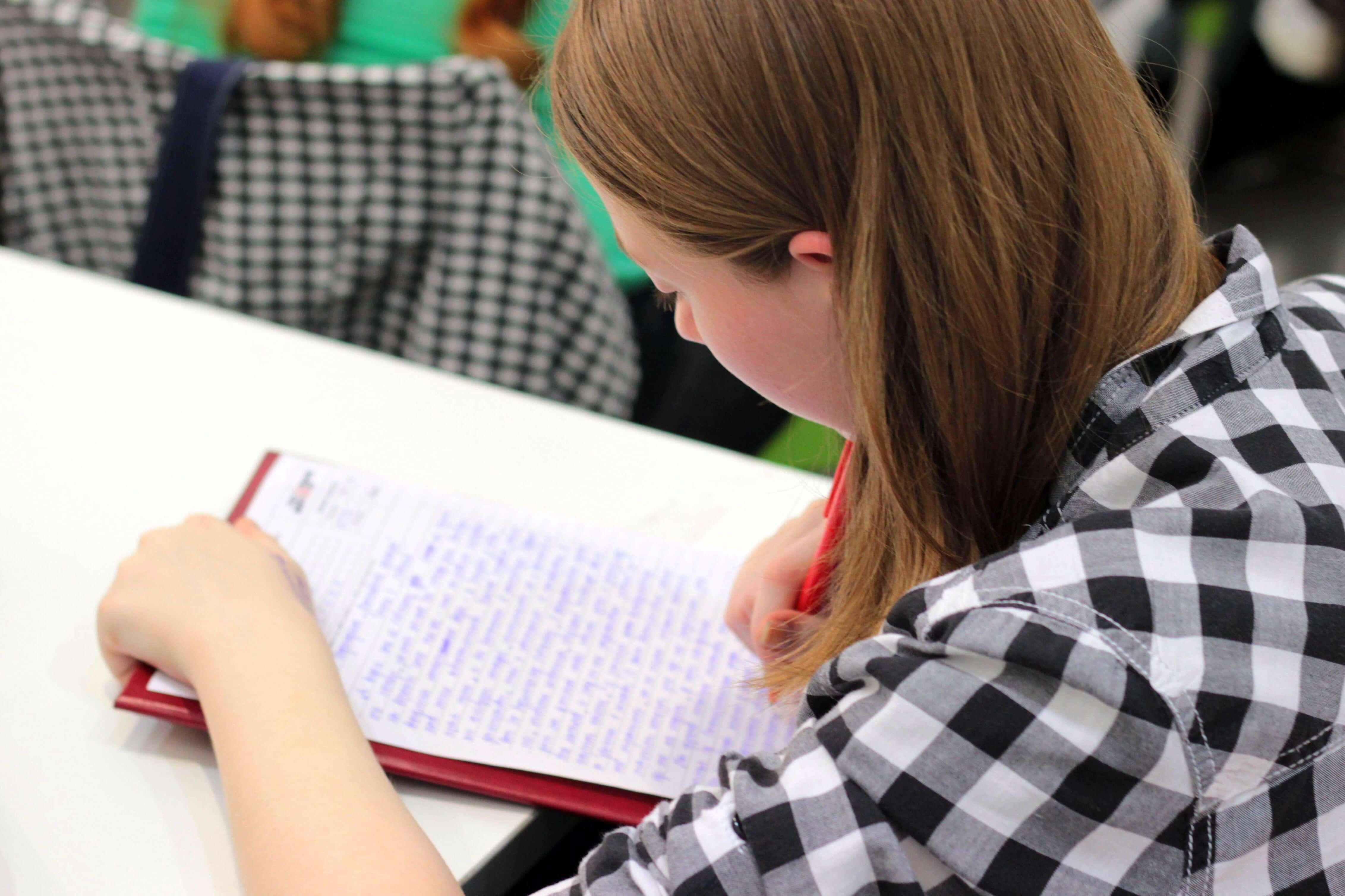Many counseling degree programs give their enrolled students a broad educational background, offering courses that teach them a variety of ways to administer therapy to people who need help. If you want to become a counselor, it is important to acquire this wide scope of training for maximum career versatility.
However, when you make the decision that counseling is the right career path for you, it is also wise to choose your counselings specialization as soon as you can. This will allow you to tailor your education to your career goals as closely as possible given the requirements of your degree program.
The following counselling specialisations are possible in Australia:
1. School Counsellor :
School counsellors can help students deal with problem behaviors such as bullying. Helpful electives for this specialisation could include courses like Educational Sociology; Dialectical Behavior Therapy for Multi-Problem Adolescents; Child Parent Relationship Training; Impacts of Autism Spectrum Disorder; and Supporting Students With Disabilities. Such specialised courses might not already be a part of the required foundation courses for the counselling degree program you’re enrolled in.
2. Career Counsellor :
Career counsellors often administer group session to job seekers. They also frequently give tailor-made advice helping individual job seekers understand the various options that are open to them. They also recommend specific actions their clients can take to achieve their career development goals.
If you’re considering a specialisation in career counselling, you may wish to select electives such as Employment Law Fundamentals and Managing Technology in Career Services.
3. Substance Abuse Counsellor :
Substance abuse counsellors find ways of helping their clients detoxify from alcohol or drugs; then they attempt to help them permanently beat their unwanted addictions.
If you want to pursue a career as a substance abuse counsellor, a few electives that could prove helpful include Psychopharmacology Fundamentals, Relapse Prevention Strategies, Art Therapy in Addiction Treatment, Twelve Step Fundamentals and Engaging Families of Youth in Substance Use Disorder Treatment.
4. Family and Marriage Counsellor :
When couples experience marital difficulties, they often choose to work with a family and marriage counsellor instead of seeking the divorce. In many cases, an experienced counsellor can help them find reconciliation. Working With Neurodiverse Couples is an example of an elective course that could be helpful to an aspiring family and marriage counsellor.
5. Grief Counsellor :
Grief is an emotion that often follows the significant loss. The death of a loved one or loss of a job can trigger intense grief. A grief counsellor’s job is to comfort clients and then help them find productive ways of coping with the grief. A successful grief counsellor is able to help clients find solace in acceptance of the loss, although it may take quite some time for each client to reach this stage.
An example of a useful elective for aspiring grief counsellors is Bereavement and Art Therapy.
In Australia, you have several options if you want to prepare for a career in any of these counselling specialisations. You can complete either a bachelor’s degree or a diploma of counselling. Some counsellors also earn a master’s degree.
Demand for counsellors is growing in Australia, the USA and many other countries around the world. Since this is a career path that requires empathy and human-to-human connections, it is not likely that robots will be able to complete the most important tasks counsellors perform in the foreseeable future. Therefore the employment outlook for counsellors in all of these specialisations is outstanding. It is an excellent time to seek training to become a counsellor.
Read Also :






















